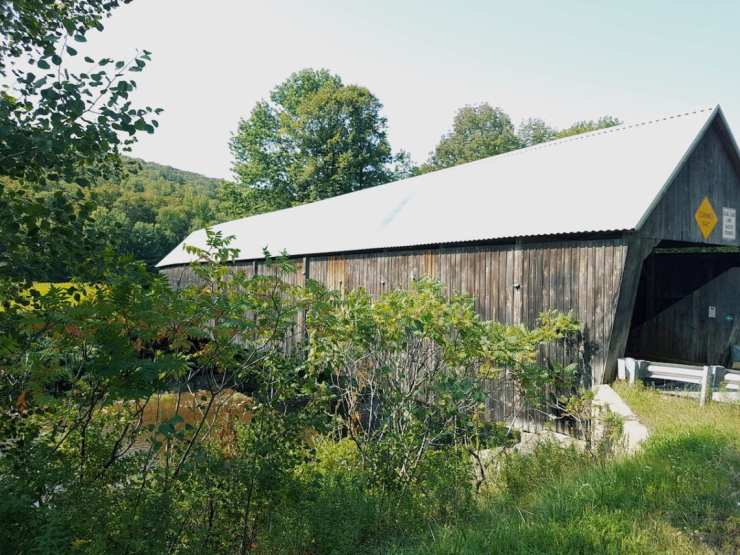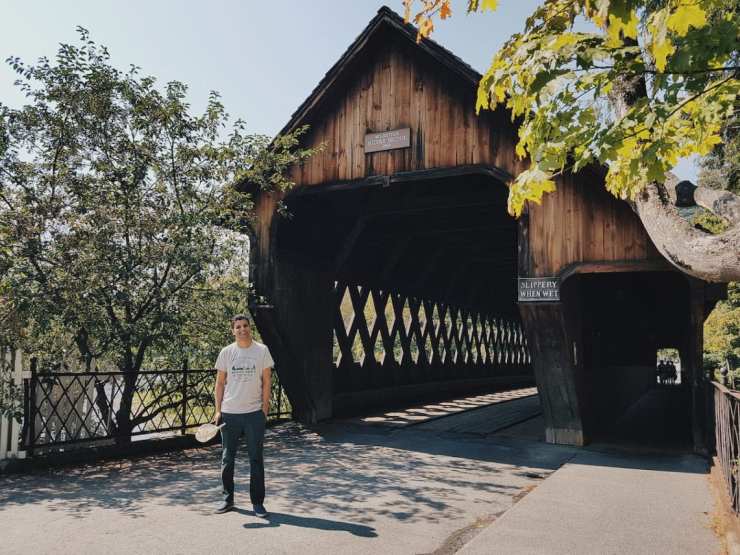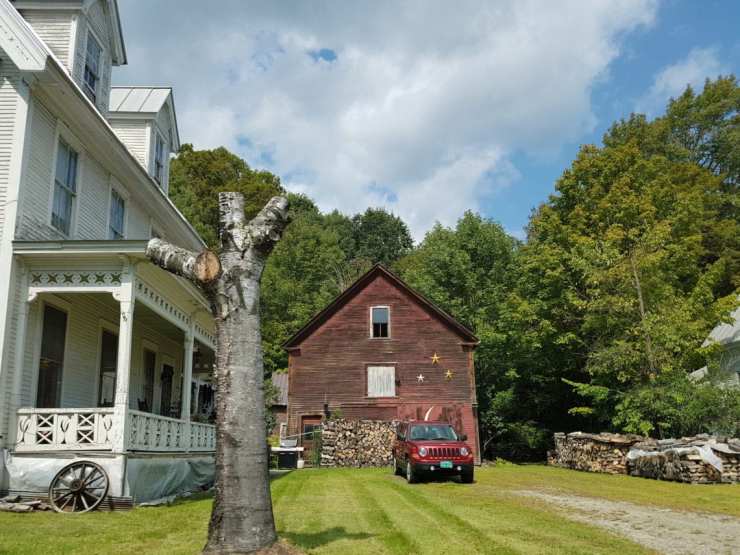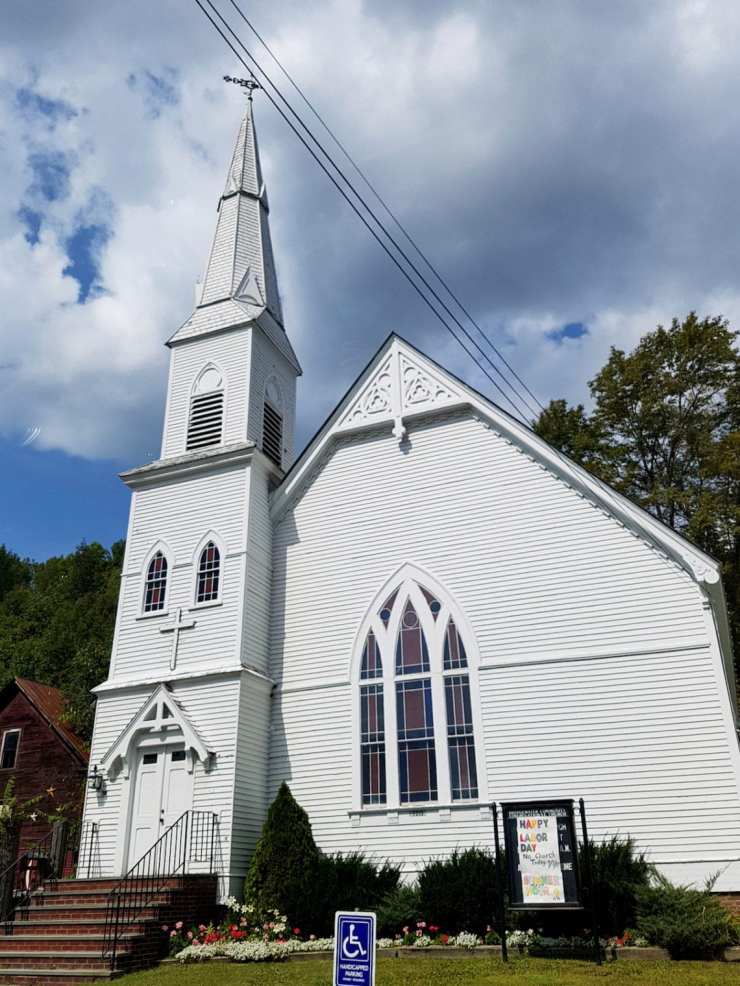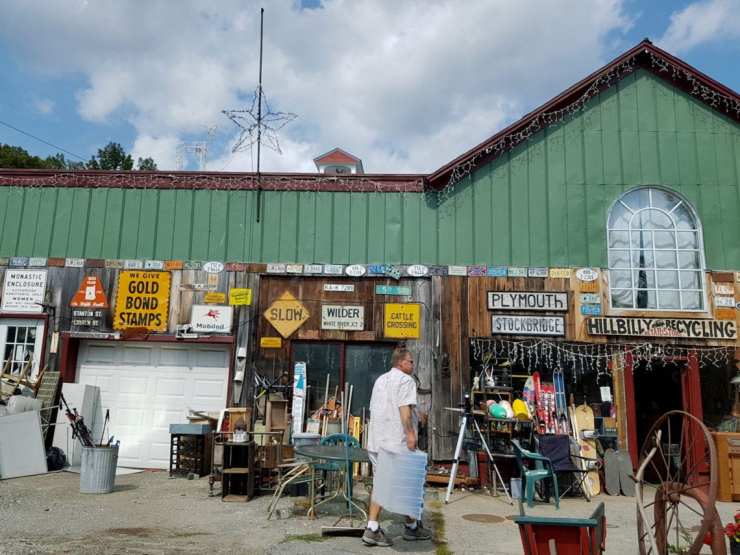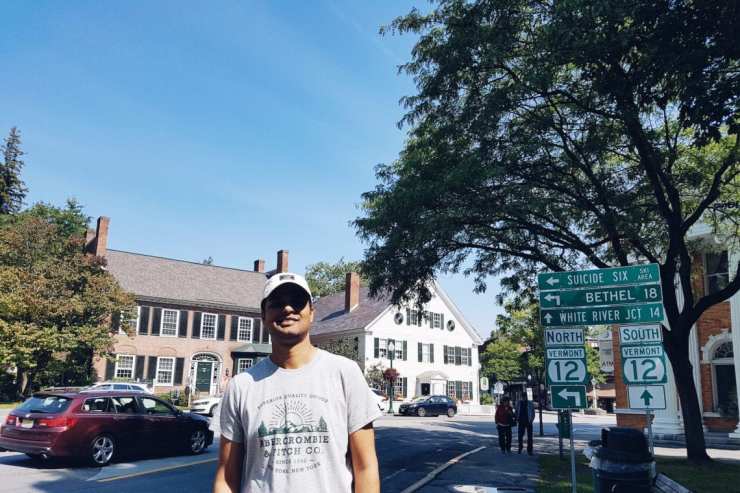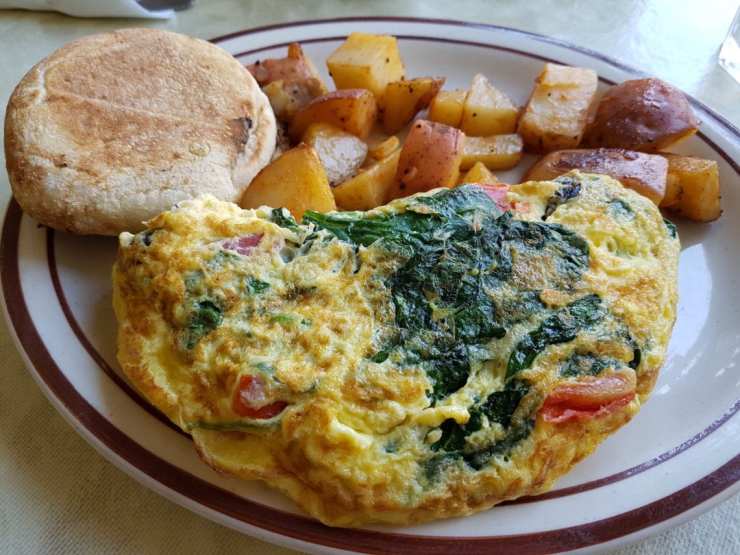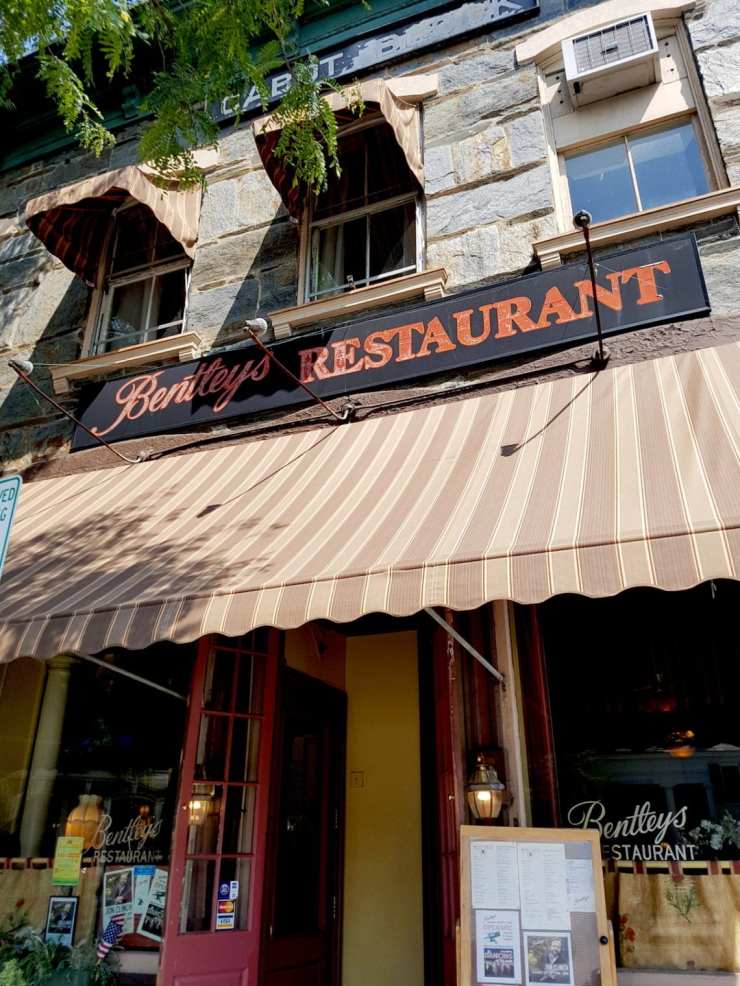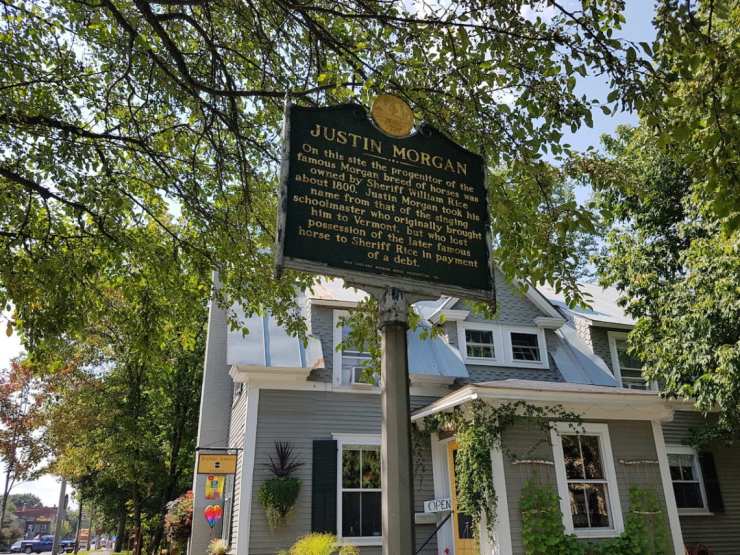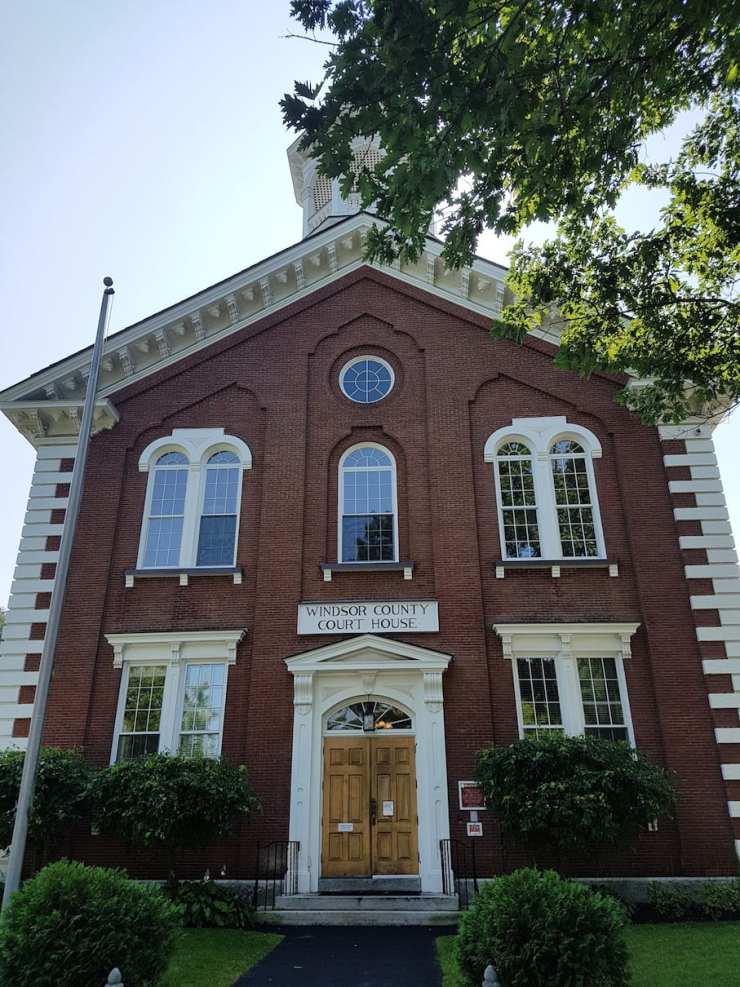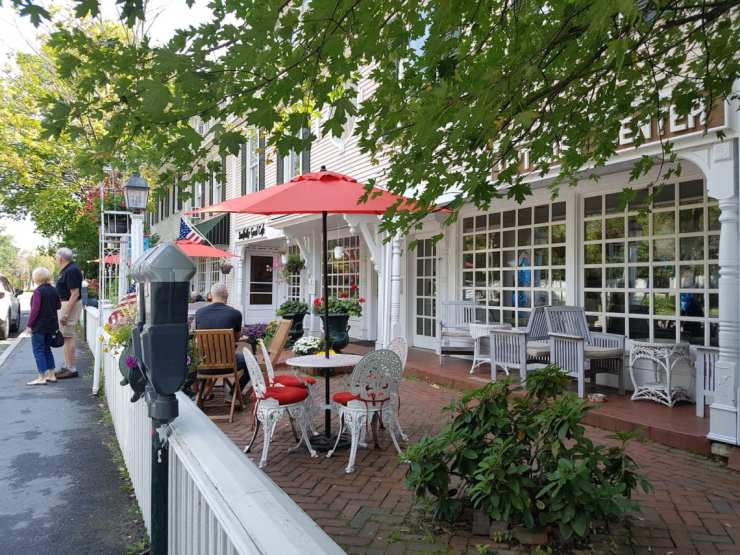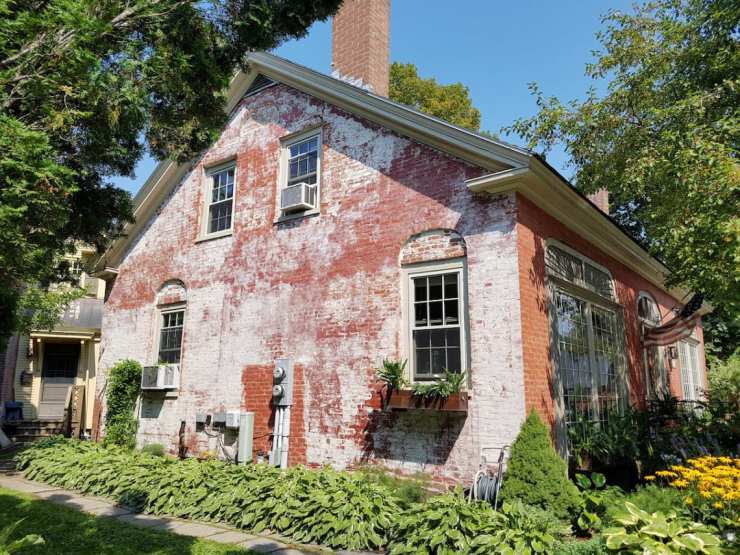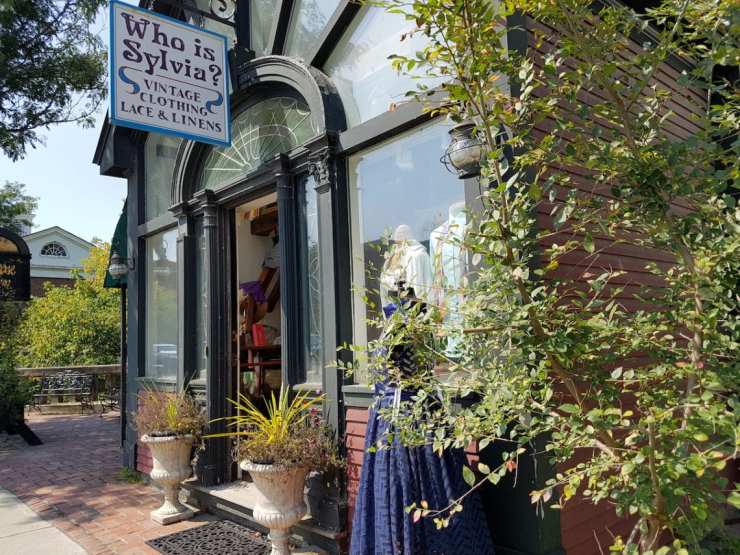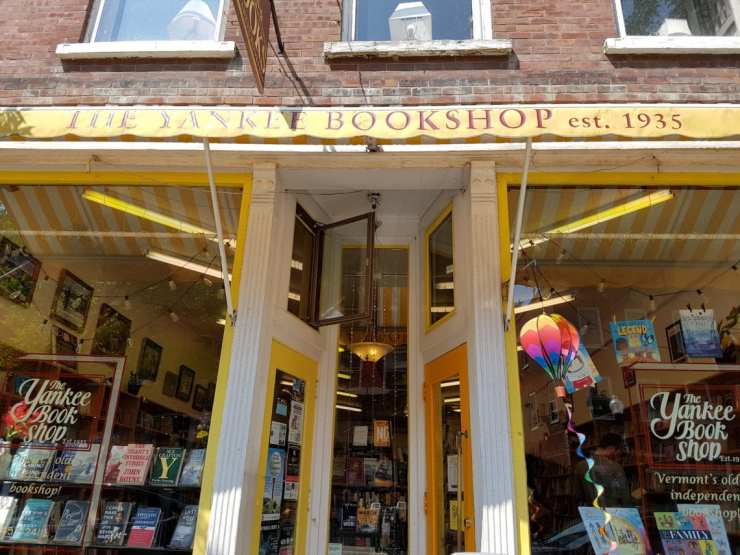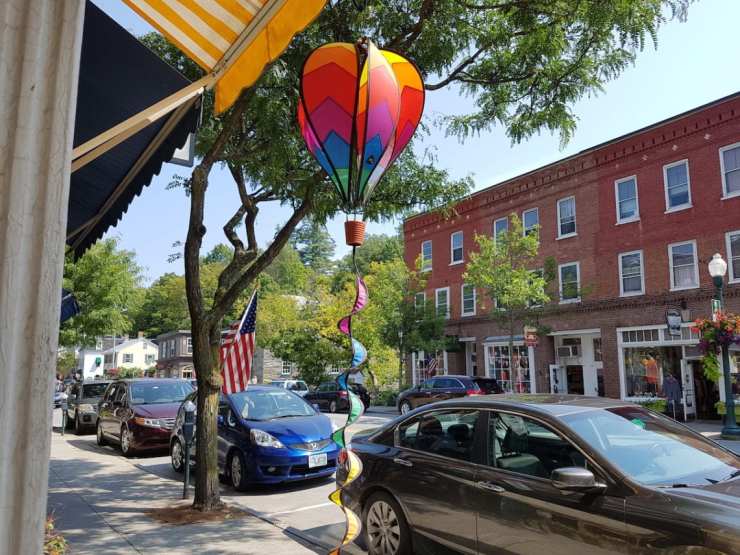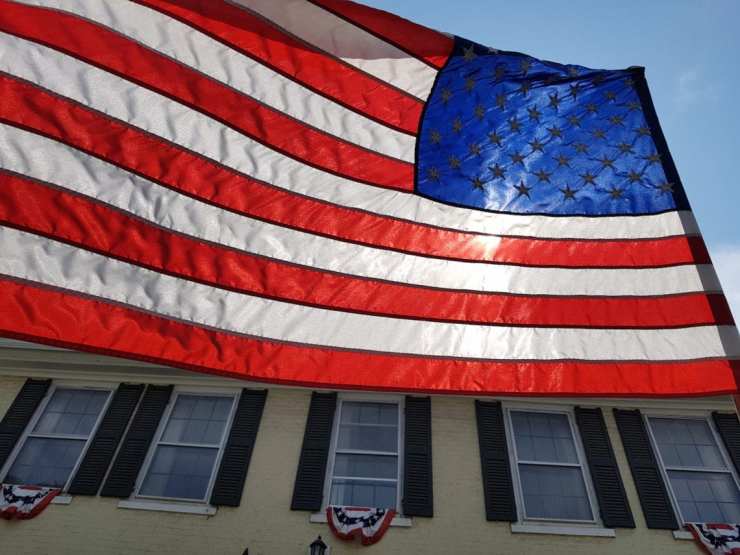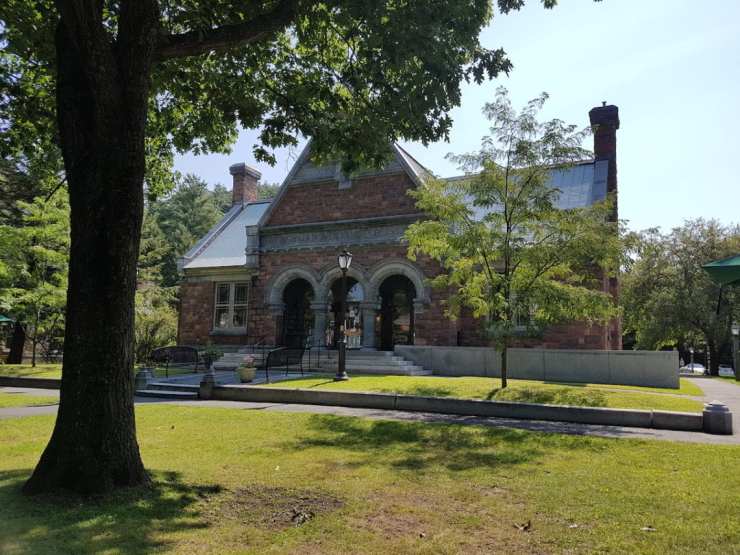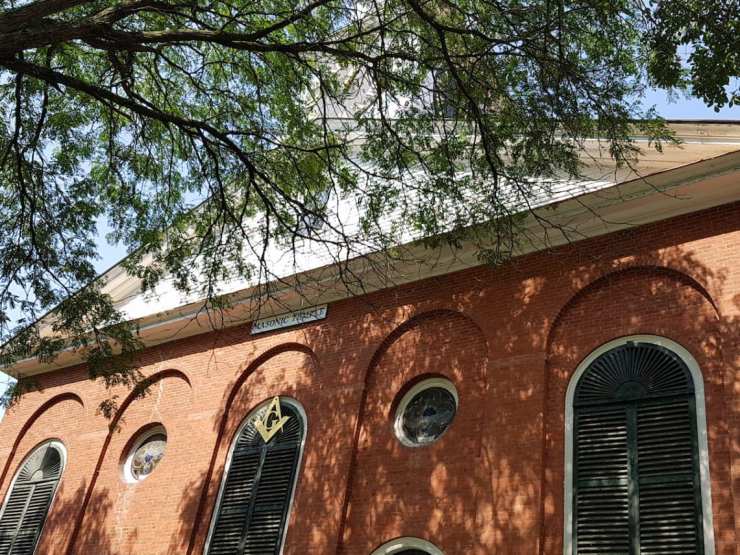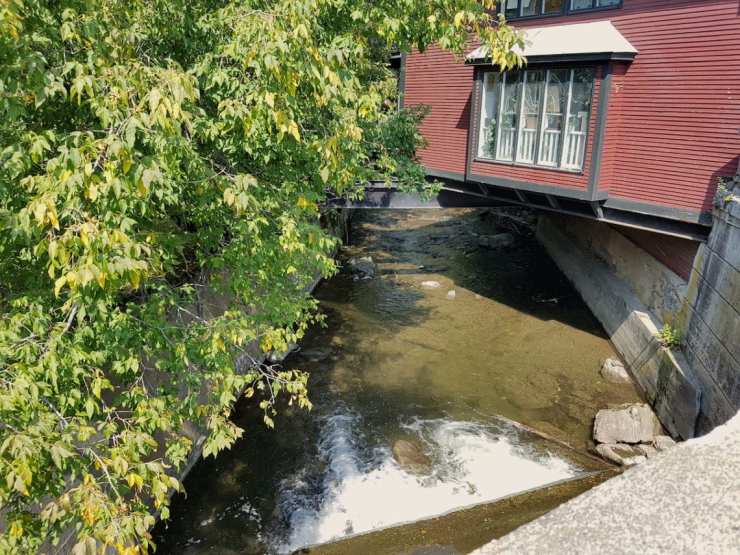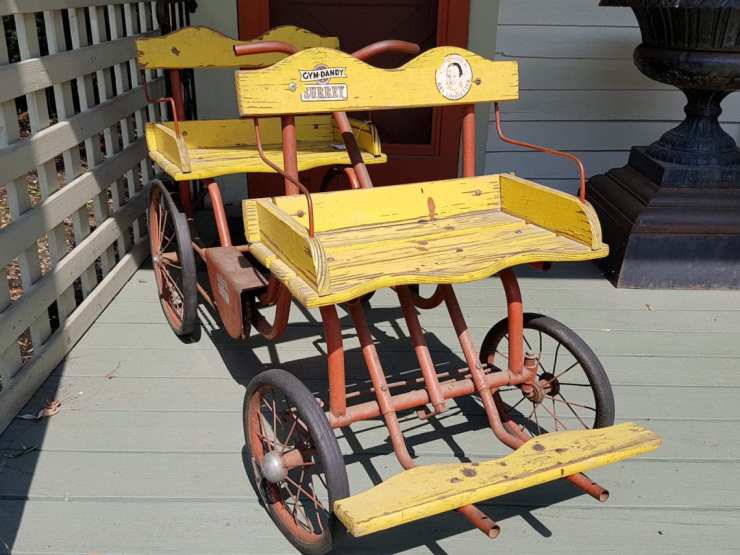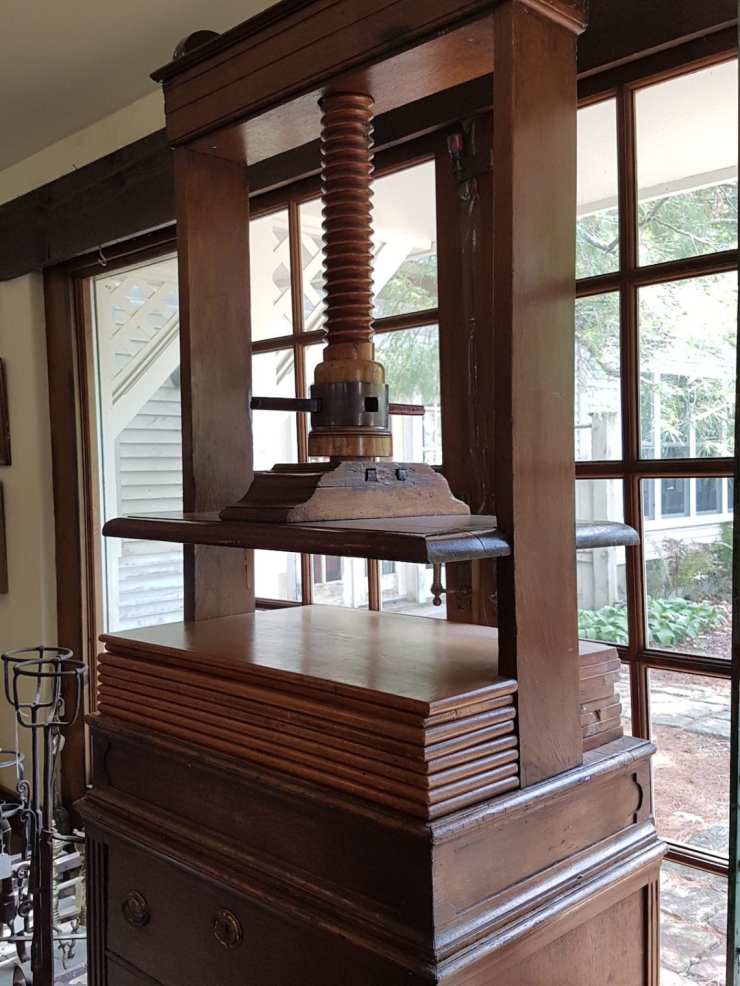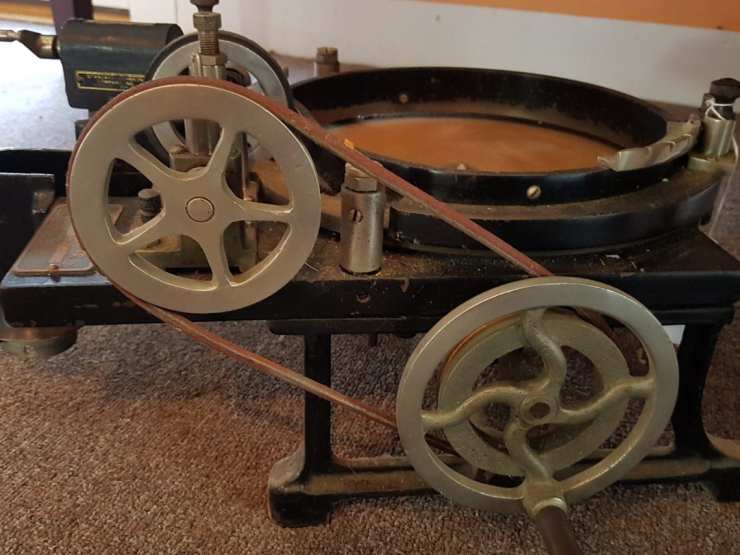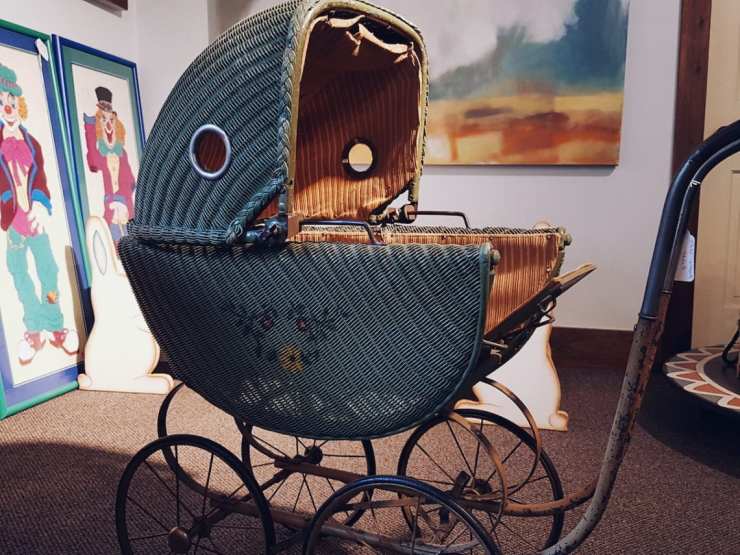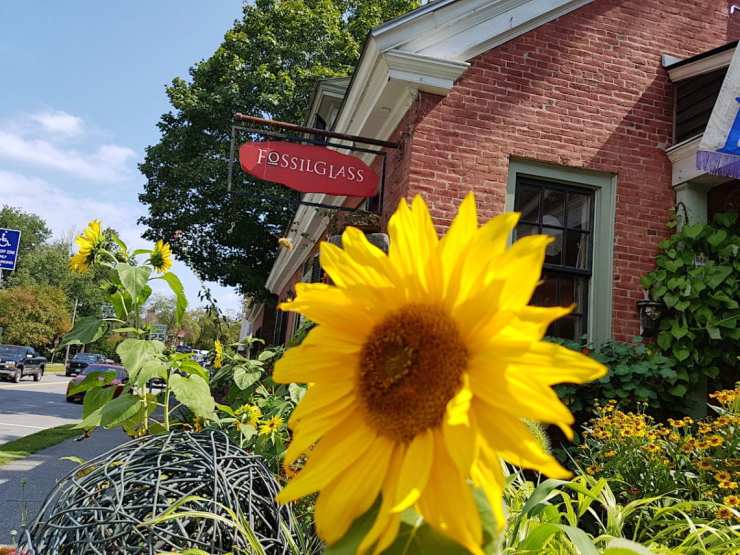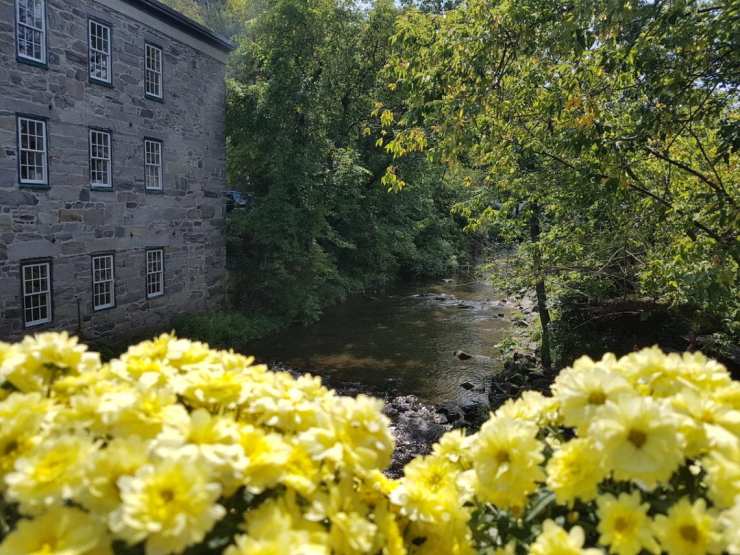Last winter when we were in Woodstock – a few miles away from Winston Churchill’s family seat of Blenheim Palace in good ol’Blighty – sauntering down a quiet lane past a gaggle of Georgian cottages with their white-trimmed windows, limestone churches, Norman doorways and period buildings latticed with tangled ivy, I did not picture us in another Woodstock roughly a year later. A vastly different namesake.
But the passage of time is wonderful in that introduces change, an unsettling feeling which takes time to be slowly washed away by time itself, and along the way it also opens your eyes to places you would have not dreamt of seeing. As we found ourselves in this other Woodstock, I scoured google. It turned that there are 34 Woodstocks in the world if you will believe that, 22 of them in America alone. How utterly odd that people in 33 places around the world had the same brainwave – apart from the fact that these might have been settlers who possibly wanted a slice of home in new lands. I wondered if they had been enamoured of the old Woodstock. If they had found themselves warmed to the cockles of their heart on a cold, grey noon as they sat in an ancient pub there with a fire going in its equally ancient fireplace bordered by duck-egg blue walls, food procured locally and prepared with an expert touch.
If you are thinking of the Woodstock where the sixties peaked with the famous music festival that was the epitome of hippie grooviness, I have to quickly point out that we were not in That Woodstock in upstate New York.
We were in the Woodstock in Vermont that sits on the Ottauquechee river and was named after the Oxfordshire Woodstock as homage to one of Churchill’s ancestors, the 4th Duke of Marlborough.
At a glance it was obvious. Woodstock in Vermont has the patina of old money. It is written large over its central square designated the Green, the historic inn built by the Rockefellers where people tend to take many selfies, in its antique shops and leafy streets bordered by houses reflecting a mix of old styles of architecture. Late Georgian, masonic temples with Greek columns…The air of wealth arrived with industry in the 1760s when the first settlers set up a gristmill and a sawmill. They made scythes and axes, wool processing machines and woollens, guns and furniture and carriages and leather – leaving behind a legacy of industriousness. After all, wealth does not come about from sitting on one’s haunches.
There we had brunch in an old-style cafe, omelettes fattened with feta and veggies, fluffy pancakes and black coffee served by women who looked like they had been put on a permanent diet of pancakes. We overheard little girls sing birthday songs for themselves, friends exchange travel notes, a man telling the staff that he used to live there years and years before, possibly twenty years ago, which reminded me of that wonderful O.Henry story ‘After Twenty Years’. Then we set about town, peering at the old library and county house, stoked by signages that pointed the way to genteel ski resorts like Suicide Six where they say skiing started in the country. And then those covered bridges, ah. They stood upon the river that the Abenaki called the Ottauqueechee, ‘place of mushy land’, combining romance and functionality within their covered timber frames with such ease.
But the most interesting part of the day, as it is with any traveller, was a leisurely natter with a local. An elderly owner of an antique shop where we examined many vintage objects, Victorian wicker doll buggies, antique Dutch book presses, a gym dandy, grinding mills, old China ware…you know the kind of antiquated things that lie forgotten in those stores, waiting to be owned and loved all over again.
It was an unusual conversation. For the first time I met a woman who spoke differently of her country’s leader, that ‘my grandma would have turned over in her grave if she had heard the kind of disrespect people show to their own president’; that she dressed in black for Lady Di’s funeral; of lines drawn in the sand, the Sykes-Picot line and her brother, a director of Broadway plays, who’s been travelling to Israel for years seeking truth, the kind of truth that is hardly disseminated among the public, and of his screenwriter who has fixed notions and refuses to be budged by his view of the truth. A flow that bespoke stream of consciousness thoughts but you know how thoughts mingle – and when they mingle how they reveal fascinating aspects of people and their lives.
And there it lay – the crux of what travelling does for me. Introducing me to different ways of thinking, different lives, different stories, different characters, the ability to observe and distance the self from an obvious predilection towards judgment – it feels somewhat like reading a hundred different books at the same time.
